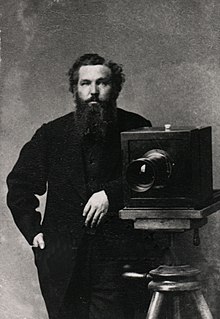A Quote by Brad Warner
So he [Shoko Asahara] was insane but managed to convince a couple thousand people that he was enlightened. Western culture, which Japan is now definitely a part of, doesn't have an understanding of what Enlightenment is.
Related Quotes
I was living in Japan at the time, Shoko Asahara was an important figure and you could say his name and people would immediately know who you were talking about but since being back in America I've realized most people don't know who he is, which I find odd because he was far worse than Charles Manson. He killed many more people than Manson and was actually trying to kill thousands but wasn't careful enough in his process.
The election of Shinzo Abe as the leader of Japan's ruling Liberal Democratic party and now prime minister will have profound repercussions for Japan and East Asia. Most western commentary during the premiership of Junichiro Koizumi has been concerned with the extent to which Japan has allowed a freer rein to market forces.
A very enjoyable meditation on the curious thing called 'Zen' -not the Japanese religious tradition but rather the Western clich of Zen that is embraced in advertising, self-help books, and much more. . . . Yamada, who is both a scholar of Buddhism and a student of archery, offers refreshing insight into Western stereotypes of Japan and Japanese culture, and how these are received in Japan.
Japan today has become acquainted with the Western civilization of the rule of Might, but retains the characteristics of the Oriental civilization of the rule of Right. Now the question remains whether Japan will be the hawk of the Western civilization of the rule of Might, or the tower of strength of the Orient.
The argument now that the spread of pop culture and consumer goods around the world represents the triumph of Western civilization trivializes Western culture. The essence of Western civilization is the Magna Carta, not the Magna Mac. The fact that non-Westerners may bite into the latter has no implications for their accepting the former.
In short, the enlightenment privatized marriage, taking it out of the public sphere, and redefined its purpose as individual gratification, not any 'broader good' such as reflecting God's nature, producing character, or raising children. Slowly but surely, this newer understanding of the meaning of marriage has displaced the older ones in Western culture.
The reason I wouldn't dare to write a Western is simply because that seems to be so much a part of American culture. Maybe if I want to write a Western enough I should try to overcome that fear, but I'll certainly feel like I'm trespassing. I feel that that is so much a part of American foundation myth, it's part of the myth of America, the American vision of what America is, which people have glorified and then challenged and then vilified.































